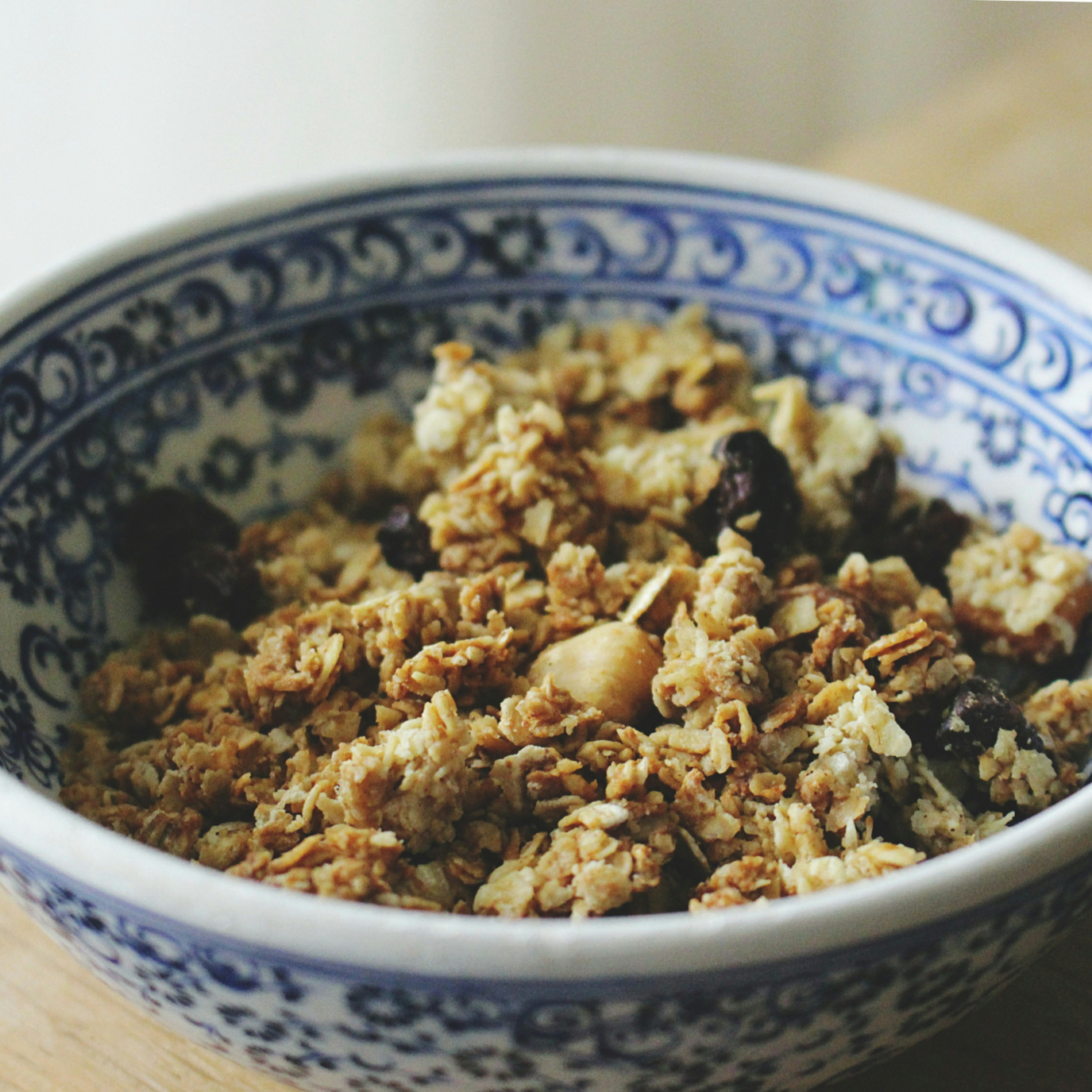
Why You Need Fibre – and Lots of It!
I'm always nudging my clients to eat more fibre because most of us aren't exactly regular. The truth is, people often don't consume enough fruits and vegetables to meet their daily fibre needs, which can impact their gut and overall health. The recommended daily allowance for fibre hovers around 30 grams. Me? I say shoot for 100 grams! That might sound wild, but our bodies were designed to flourish on a diet rich in plant foods that naturally keep our digestive system clean and running smoothly.
So, what makes fibre so vital, and what kinds do we need?
The Two Types of Fibre and Why They Matter
1. Insoluble Fibre (The Cleanser)
Think of insoluble fibre like a little broom, sweeping through your gastrointestinal (GI) tract and helping to usher waste right out of the body. It doesn't dissolve in water; it adds bulk to your stool, which helps prevent constipation and keeps you regular.
Sources: Whole vegetables (like broccoli, kale, carrots), fruit skins, seeds, and herbs.
Why you need it: It keeps things moving along in your gut, stopping things from getting stuck and building up toxins, which is super important for a healthy colon.
2. Soluble Fibre (The Feeder)
Soluble fibre, on the other hand, dissolves in water to form a gel-like substance. This type of fibre feeds the good bacteria in your gut, helping to keep your microbiome diverse and happy. A healthy gut teeming with good flora can help control inflammation, boost your immunity, and even play a role in regulating your mood.
Sources: Apples, citrus fruits, psyllium husk, fenugreek, and slippery elm.
Why you need it: It helps keep your blood sugar levels steady, lowers cholesterol, and nourishes your gut bacteria, which then churn out beneficial compounds like short-chain fatty acids.
Why 100 Grams?
Why push for a hundred grams when 30 is the "official" number? Here's the deal: our modern plates are missing the fibre our great-great-grandparents used to get without even trying. That 30-gram guideline? Truthfully, it's just the bare minimum to keep you from getting sick, not nearly enough to thrive. Think of it like this: you can survive on plain toast, but you'll feel a whole lot better if you're eating proper, nourishing meals.
- Supports detoxification: Fibre latches onto waste products, toxins, and extra hormones, then escorts them right out of your system.
- Feeds the microbiome: The trillions of tiny microbes in your gut rely on fibre as their main meal. Without it, your good bacteria can starve, letting the not-so-good ones take over.
- Encourages healthy elimination: Poor elimination means waste hangs around in your system for too long, leading to stuff like bloating, fatigue, skin issues, and more.
Are You Eating Enough?
If you're not sure, just glance down at your plate. Is it bursting with colorful vegetables and fruits at every meal? Are you tossing in seeds and greens daily? If not, it's time to step up your fibre game. Just remember to take it slow – ramping up fibre too quickly without enough water can cause problems. Always pair high-fibre meals with plenty of water to keep everything flowing smoothly.
Your gut is the backbone of your health, and fibre is one of its best friends. By making high-fibre, whole foods a priority, you're not just making your digestion better while you're setting yourself up for more energy, clearer skin, balanced hormones, and a stronger immune system.
Chat soon,
Frances










Leave a comment